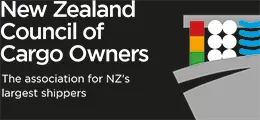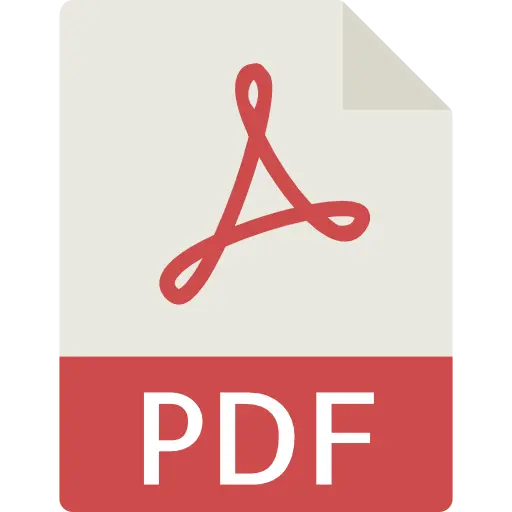The Global Shippers Forum (GSF) report into the economic implications of mega ships and alliances for competition and supply chain efficiency is extremely timely given the significant change taking place in the sector.
The GSF report has been prepared in light of the gathering pace of consolidation and alliances, and the likely impacts this will have on shippers and other stakeholders in the global supply chain.
A key finding of the report is that mega ships have been the catalyst for the development of strategic alliances and consolidation in the shipping sector, which are seen as having the potential to reduce supply chain efficiency and rivalry on important parameters of competition, including capacity, sailing frequency, transit times, ports of call and associated service quality.
It also notes that the higher economies of scale associated with mega ships, raises barriers to entry, reinforcing the trend towards fewer independent operators, with smaller operators being driven out of the major trades into niche markets, and increasing the risk that the sector will be dominated by a handful of big players with limited competition.
The report makes for interesting reading alongside the Big Ships report prepared by NZSC in 2011.
It is important to note that the NZSC report was concerned with ships in the 6500-7500 TEUs class, not mega ships of the scale that are the focus of the GSF report. Our 2011 report concluded that the ability to accommodate bigger ships – in the 6500 – 7500 TEU range, is an insurance policy for New Zealand shippers to minimise the risk that services become ‘boutique’ in nature, with relatively small, older vessels imposing higher operating costs.
The GSF report raises several questions around the impact of industry consolidation and alliances on competition and the extent to which the current approach of competition authorities and regulators is adequate to deal with the new competition issues emerging. The report concludes that likely trends, will, in concentrated markets (such as New Zealand) lead to the sharing of information on a regular and frequent basis between shipping lines, and that this might reveal commercially sensitive elements of competitors strategies in the market, including price, capacity or cost information.
This raises serious competition concerns and the NZSC backs the GSF call for competition authorities and regulators to remove, where possible, shipping line exemptions for price agreements and other forms of agreement that facilitate exchanges of information on costs and rates, including general rate increase guidelines.
However, given the relative isolation of New Zealand and the importance of trade to our economy, our exporters and importers are best served through having access to a broad range of shipping lines and services – which are often provided through vessel sharing agreements (VSAs). The Council therefore has a specific interest in ensuring that the possibility of maintaining or negotiating VSA’s is not constrained.
NZSC has shared the GSF report with Minister Goldsmith, and officials from MBIE and the Commerce Commission and looks forward to further discussion about this topic at the upcoming NZSC Strategy day at the end of November.

